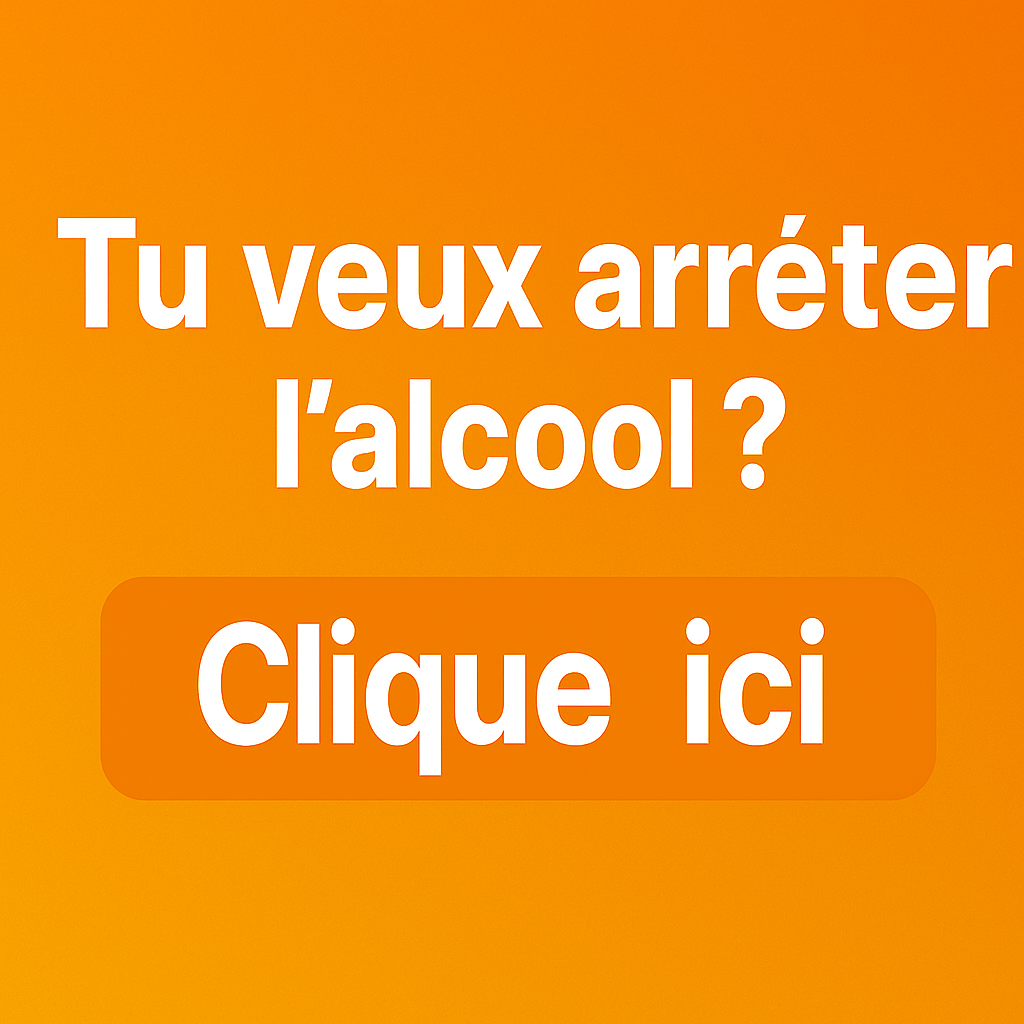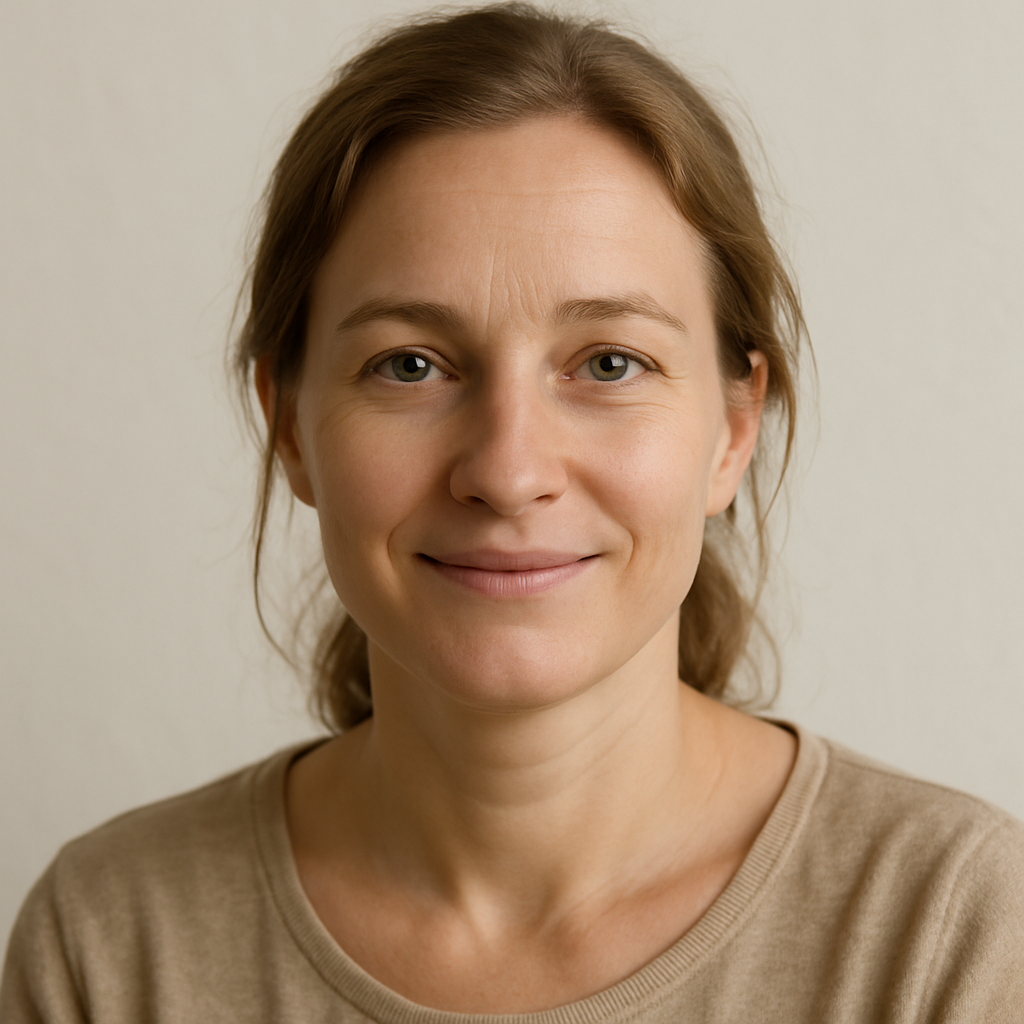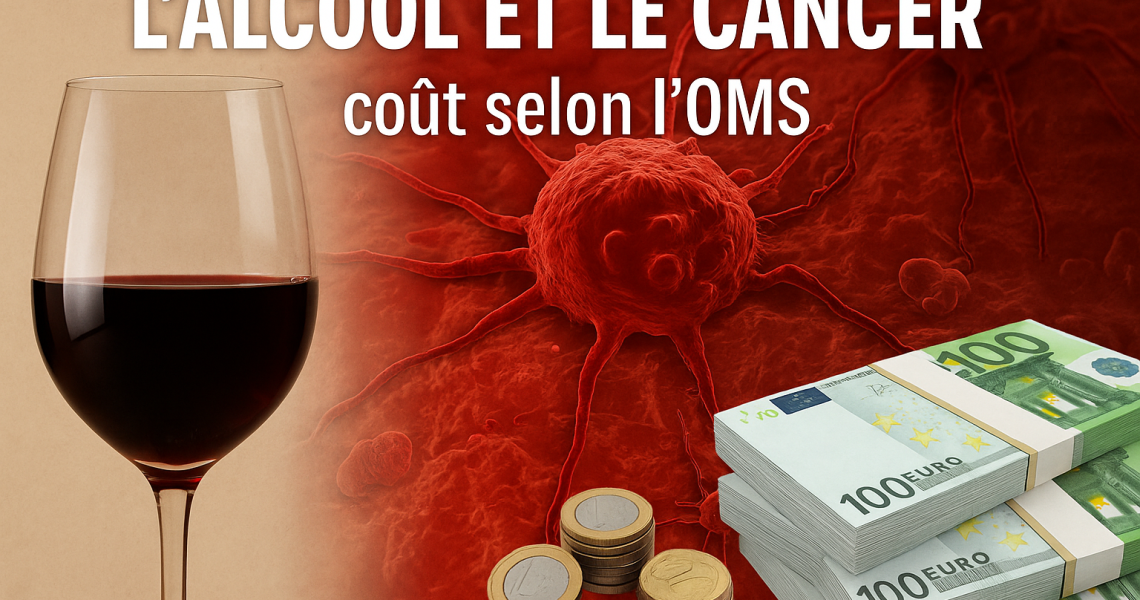You think a drink now and then has no consequences? Think again. The WHO’s findings are chilling: alcohol consumption causes thousands of cancers every year, burdens healthcare systems to the tune of billions, and ruins prevention policies across Europe. But in the face of these facts, an innovative solution is emerging: withdrawal through auricular reflexology, via our specialized centers. I invite you to discover this invisible but deadly link – and how we’re countering it.
1. The shadow alcohol casts over our health
When it comes toalcohol, most people think of excess, hangovers and party circuits. Yet, ona global scale, the damage is far more profound. A recent study quoted by Euronews reminds us thatalcohol is responsible for thousands of cancers in theWHO European Region – with a high price tag for public finances.
In France, in particular, alcohol consumption is a silent plague. The
The IARC (International Agency for Research on Cancer) classifiesalcohol as a proven carcinogen. This is no longer a hypothesis: it’s a

2. Why Europe pays dearly for what many ignore
High consumption, exponential damage
In many parts of Europe,alcohol consumption remains socially accepted, strongly promoted by advertising and trivialized in social rituals. Young people in particular are exposed to subliminal messages. The marketing power of alcoholic beverages constantly rekindles cravings, while minimizing the risks.
National politicians are reluctant to introduce barriers ( price increases, taxation, advertising restrictions) – they fear popular reaction. Yet these are the choices that will really limit theincidence ofalcohol-related diseases.
The cost of alcohol: a budget bomb
The WHO/Europe ratio is stark: the costs ofalcohol-related cancer deaths add up to healthcare costs, absenteeism, lengthy treatment and loss of productivity.
In France, this burden can be seen in overcrowded hospitals, liver treatments, oncology follow-ups, and costs due to the after-effects of chronic consumption. Every billion spent on treating these patients is a forced expense.
And yet, if the reduction in consumption were effective, much of this bill would disappear. TheWHO itself points out thatalcohol is one of the main preventive levers for reducing cancer-related mortality.
Read also: You want to stop smoking thanks to the anti-smoking laser, click here
3. The major role of prevention
When we talk about prevention, we’re not just talking about words in a book. We’re talking aboutconcrete action, ambitious policies and powerful individual initiatives.
- Informing the public: reversing ignorance about the link between alcohol and cancer. Let people know from an early age that even an extra drink can trigger a risk.
- Control advertising: limit or ban promotional messages around alcoholic beverages, to avoid normalizing consumption, especially among young people.
- Taxes and prices: raise the price of alcohol so that it is no longer “cheap”, reduceaccessibility.
- Health labeling: impose clear, visible warnings on every bottle, recalling the risk of cancer, mortality, and effects on the liver or other organs.
- Support centers: develop centers in each region, accessible to those affected, to help them reduce or stop smoking.
In the European region, the scope for progress is immense. Concerted
4. Our commitment: withdrawal with ear reflexology
This is where we make the difference. We are convinced that acomplementary, gentle and targetedapproach can help those who want to emancipate themselves fromalcohol without violence.
Why ear reflexology?
- Because it targets precise points on theear associated with addiction, stress and nervous regulation.
- No ingestion, no substance: it complements medical research, rather than replacing it.
- It acts on motivation, spontaneous desire and internal equilibrium – support to limit relapse.
How we apply it
In our centers, each person benefits from a tailor-made protocol:
- Individual diagnosis,
- Regular sessions on auricular points,
- Behavioral and psychological follow-up,
- Accompaniment towards a sustainable reduction in consumption, right up to the point of quitting.
Studies on non-invasive approaches show that within the first few weeks,cravings diminish, consumption is reduced, and the associated risks are reduced. In the long term, this can help reduce theincidence ofalcohol-related cancers.

5. Testimonials: when lives are put back together
- Julie, 38, former daily user: “Thanks to auricular reflexology, my thirst for alcohol has subsided; I’ve regained my energy and cut off my impulses.”
- Marc, 50, suffering from liver fatigue: “After a few sessions, I’ve seen a reduction in my attacks; my liver breathes better.”
These stories illustrate the human power behind rates, mortality statistics and studies.
6. From words to action: where do we go from here?
- If you drink: try to limit your consumption today.
- Spread the word – especially to young people.
- If you are already suffering, contact a center specializing in auriculotherapy .
- Support prevention policies, vote for ambitious regulations.
- Demand clear labelling on alcoholic beverages, with cancer risks displayed.
Conclusion: regain control of your health
Whenalcohol is underestimated, it becomes a silent enemy. It causes cancer, thousands of deaths, billions in healthcare costs, and undermines our collective future. In the face of this, reducing consumption, reinforcing prevention, imposing policies, and proposing solutions such as ear reflexology are not options – they are emergencies.
We can no longer ignore the scale of the challenge. We can act, together. For our health, for our children, for our future.
This article is based on recognized sources (WHO, European studies, specialized reports). It aims to inform, raise awareness and inspire sustainable action.
